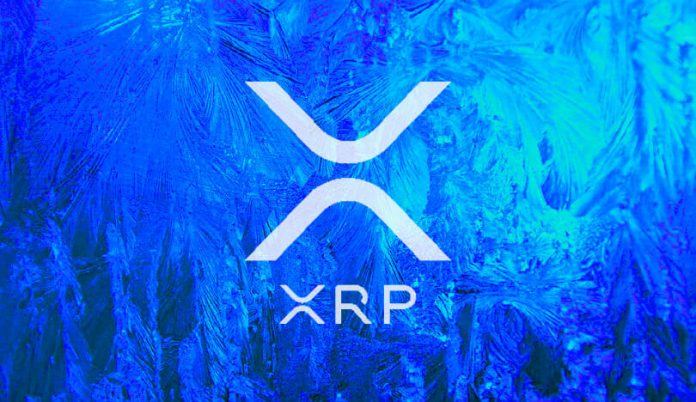The Ripple network, which runs the XRP cryptocurrency, is set to revolutionize the global financial system. This is according to the World Trade Organization (WTO), the umbrella organization that oversees global trading trends, policy issues, and the multilateral systems.
According to World Trade Report 2018 dubbed The Future of World Trade: How Digital Technologies are Transforming Global Commerce, the blockchain technology has “the potential to profoundly transform the way we trade, who trades, and what is traded.” In this regard, the report picks the Ripple Network as a blockchain community that could potentially transform the global money transfer system.
“Ripple has ambitions to circumvent the correspondent banking model through its distributed ledger platform. It gives banks the ability to convert funds directly into different currencies in a matter of seconds and at a little to no cost, without relying on correspondent banks.”
“The company has licenses with more than 100 banks and financial institutions, but it seems that only a limited number of large operations have taken place to date. Banks are still testing the system.”
Table of Contents
IOTA is equally independent
In addition to Ripple, the report also mentions IOTA as a decentralized platform that is not dependent on the blockchain.
“Blockchain is the most well-known distributed ledger technology (DLT), but an increasing number of other models are being developed that, like Blockchain, are distributed and use various cryptographic techniques, but that are moving away from the concept of ‘blocks’—or even from both the concepts of ‘blocks’ and ‘chains’. One example of this is IOTA, a cryptocurrency designed for machine-to-machine communication, in which each transaction is linked to two previous transactions as part of the validation process to form a ‘tangle’ rather than a chain. Today, the term ‘blockchain’ is commonly used to refer more generally to distributed ledger technology and to the phenomenon surrounding it.”
Also covered in the report are Bitcoin and Ethereum, citing their contribution as the pioneers in the emerging technology. Both platforms are equally resistant to cyber attacks. The only challenge they face currently is scaling so they can outdo mainstream organizations such as Visa.
“Firstly, scalability of the main public blockchains remains limited due to the predetermined size of blocks and to the level of energy required to power the networks. The Bitcoin platform, for example, handles about seven transactions per second on average and the public blockchain Ethereum twice as many, while Visa can process 2,000 transactions per second, with peaks of 56,000 transactions per second.”
Discover the World Trade Report
The World Trade Report is an annual document that seeks to deepen the understanding of global trading trends, trading policy issues, and the multilateral trading system.
The World Trade Report 2018 delved in the impact of digital technologies on global commerce. The report looked at different ways in which emerging digital technologies influence the global trade and the extent of the forthcoming changes. It also discussed the outcome of the transformation with regard to the existing and future international trade cooperation.
Author Bio Tony is a writer for the crypto space. This article is for informational purpose only. While carefully researched, this article should not be taken as an express investment guide. Do your own research and consult a financial advisor before you invest in cryptocurrency.




